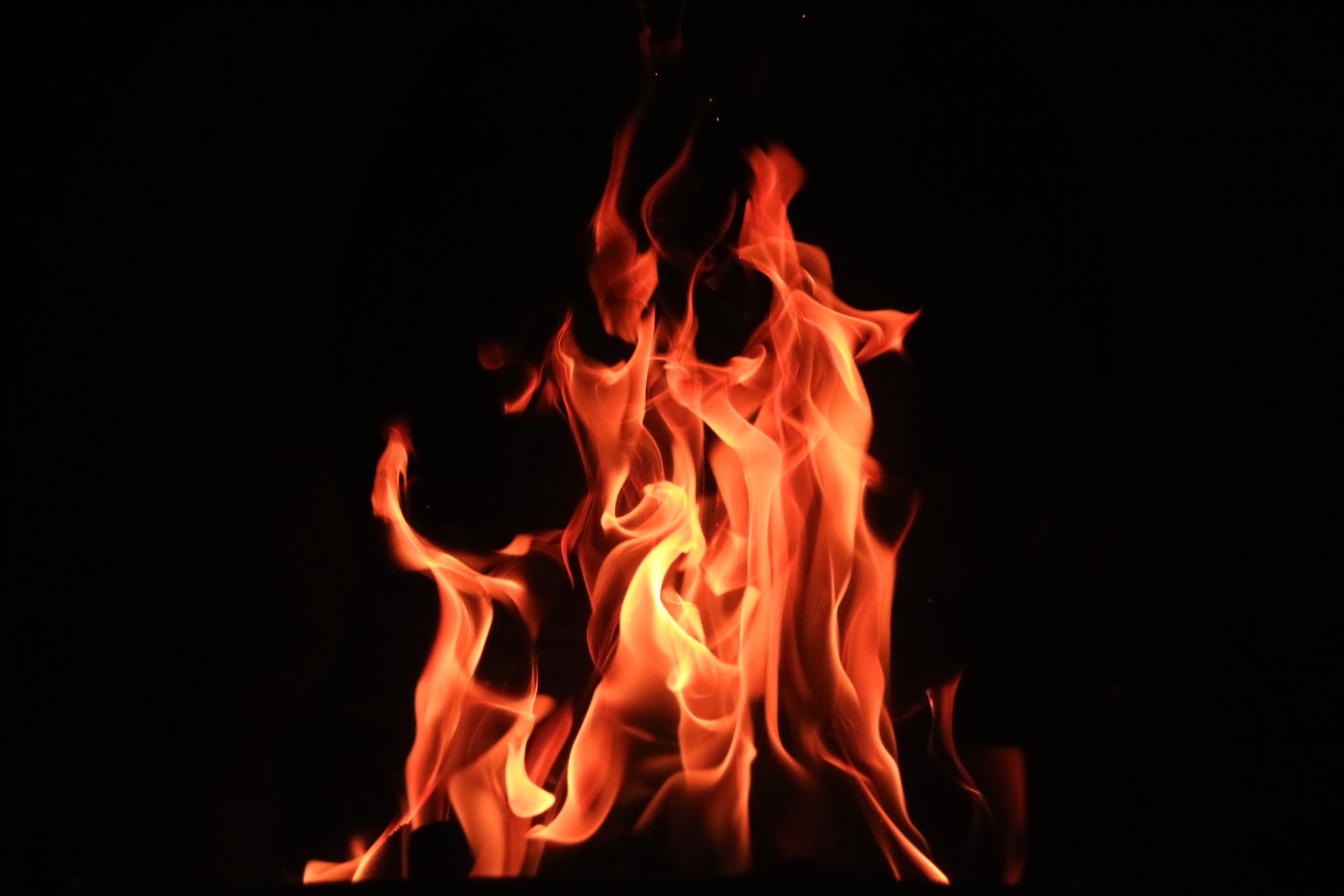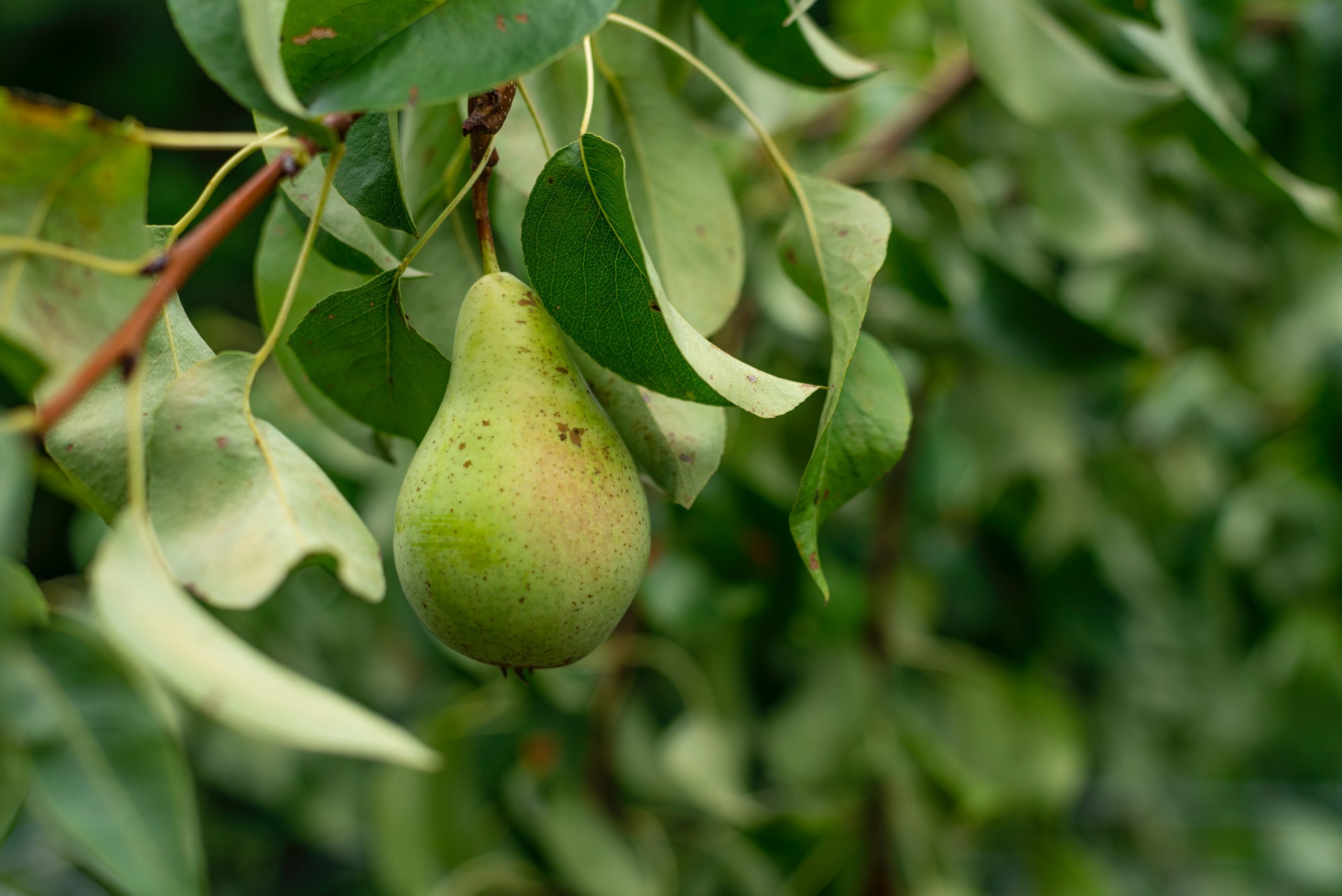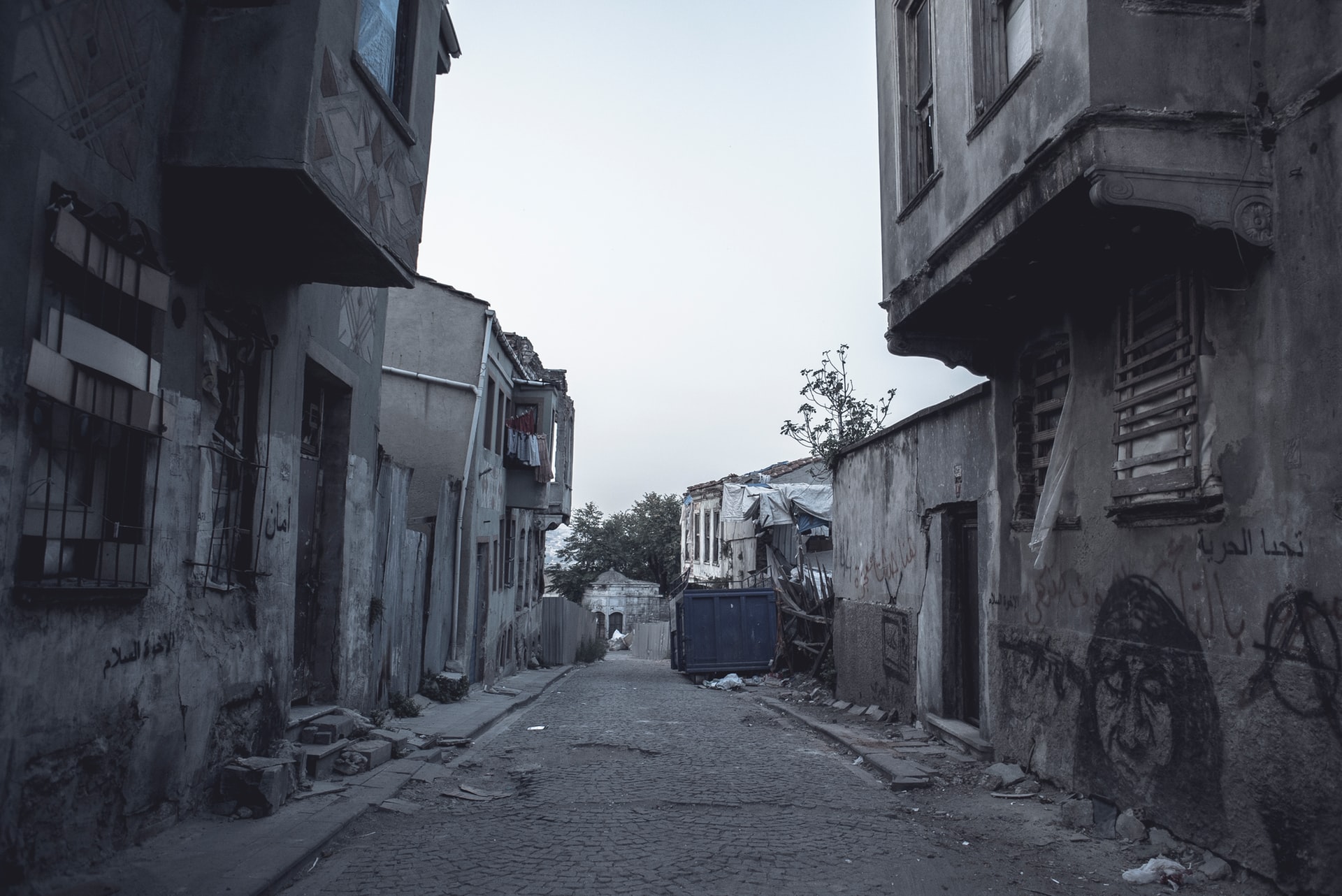The world has never seen anyone like ‘Abdu’l-Baha’. As one attempts explain his position and meaning in our time, it is tempting to draw on historical comparisons. We could say that ‘Abdu’l-Baha’ is for Baha’u’llah’s Revelation what the Apostle Paul was for Christ- the explainer of His teachings, the man who established the early communities of the Christian revelation and founded their principles- essentially the founder of the Christian church. We could say that ‘Abdu’l-Baha’ was like Ali Ibn Talib in relation to the Prophet Muhammad, a companion of the Messenger of God and his loyal supporter, while also being the explainer of the significance of the Islamic Revelation and its greatest example. Those are both reasonable comparisons, and ‘Abdu’l-Baha’ did perform those functions in Baha’u’llah’s Revelation.
Still, none of those facts fully capture the splendor of the person of ‘Abdu’l-Baha’. It is quite possibly true that no human in the history of the human race has more clearly expressed the beauty and significance of religion better than ‘Abdu’l-Baha’. And it is not just a “spiritual” thing. It’s not just that he inspires feelings in his words better than any other human who was not a Manifestation of God. It is that he is also able to speak to the human mind, to our sense of rationality, in a way that is transformative. He had a remarkable ability to explain profound truths in simple ways, ways that anyone could appreciate. The world is only beginning to appreciate the significance of this majestic figure.
Those thoughts may sound and seem hyperbolic – “over the top”- or just plain exaggerated. If you think that, and it certainly would be natural to think that way if you haven’t experienced it yourself, then the only solution is to actually read his writings and make a judgment for yourself.
‘Abdu’l-Baha’s writings are captured in several texts, but the best place to start is “Selections from the Writings of ‘Abdu’l-Baha’”. These are letters he wrote to the early Baha’i communities in both the East and the West on a wide range of issues and subjects. His talks in the West may be found in the books “Paris Talks”, “‘Abdu’l-Baha’ in London”, and “The Promulgation of Universal Peace”- a collection of His talks in the US and Canada. The historical circumstances of his travels in America have been described brilliantly in an on-line blog called ‘239 Days’, which can be read as a companion to the talks in “Promulgation of Universal Peace” to give full context to his presentations. There are some excellent biographies as well. All of them are more important to read than virtually any other book in your possession (or anything you could watch on Neflix!).
As the American nation continues to be rocked by its endemic prejudices, so much of what ‘Abdu’l-Baha’ told the nation over 100 years ago remains as valid today as the day they were spoken. The truths contained in his words are the most vital truths we can all know at this stage in the development of American society. In the next several posts, we will make an attempt to present just a few of those truths.
We will start with a talk ‘Abdu’l-Baha’ gave to the 4th annual conference of the NAACP in Chicago in 1912. In comparison to his other talks, it is a short presentation, but it expresses an essential message he communicates in all of his writings- human beings are primarily spiritual- abstract, transcendent realities- and every other aspect of our being is “accidental” and only important to the degree that it enhances our diversity and beauty. For ‘Abdu’l-Baha’, it was simply not consistent with reality to put any emphasis on race or color whatsoever. It reflected our immaturity of spirit and mind to view humans in such a manner. Humans were souls- that was their essence- and the rest was just the covering and no more important than what we choose to wear day to day in relation to who we truly are. As humans get closer to their transcendent nature, they see others only in relation to that nature. Unity was an outgrowth of our spiritual development and understanding, and inter-related. It was all about going deeper, understanding the world more profoundly, more truly.
This may seem too abstract, or not sufficiently grounded in the realities of life. But then when we realize that the transcendent principles that hold our civilization together- justice and fairness being at the center- are part of the same abstract transcendent world ‘Abdu’l-Baha’ tells us to live in- we recognize that this is not “other worldly” at all. This is our world. If we occupy ourselves in the “lower world”, with the petty nonsense that divides people, the more we will suffer and the less we express what we are in reality. Baha’u’llah instructed His followers to “walk high above the world of being”– to see the world through spiritual eyes- and then to be “as a throbbing artery, pulsating in the body of the entire creation, that through the heat generated by this motion there may appear that which will quicken the hearts of those who hesitate”. The Revelations of God seek to elevate our perspective at all times, and to initiate social change from that elevated perspective.
Albert Einstein once said- and this is only a paraphrase- that the only way to solve problems is to take them to a higher level. That some problems simply cannot be solved by seeing them in the same plane we normally do. We all live in a world of distinctions and differences, where those differences are exploited for ego, to distinguish ourselves from others so that we “seem” better and more appealing to others. It seems hopeless to try and solve problems by focusing on those differences and appeasing all those egos. To create unity is to transcend that plane of pettiness and ego and function at a higher level. This is essentially the challenge of our time, and ‘Abdu’l-Baha’ has provided the path to overcome that challenge.
‘Abdu’l-Baha’ also explains how humans are different than the rest of creation. Though minerals, plants and animals have their own role and capacities in nature, ‘Abdu’l-Baha’ places special significance on our mind and spirit. In a sense, all the powers and capacities that are seen in the world outside of us (“the macrocosm”) are also wrapped up inside of us (“the microcosm”) in the way that the seed contains all that is in the tree.
The passage below is from the “Promulgation of Universal Peace”- delivered April 30th, 1912 at the 4th Annual Conference of the NAACP in Chicago, IL. It is fascinating because, rather than focus on the political or social reality itself, ’Abdu’l-Baha’ laid the philosophical basis for why it is not only wrong, but completely ignorant to differentiate between people based on color. It was “ignorant” in the plainest sense- a lack of knowledge of the reality of the situation. It was contrary to the reality of human beings as a reflection of the image of God. It was not our true reality and so it was foolish to focus on it. He spoke in the West to largely Judeo-Christian audiences, so his examples are drawn from that culture, but the ideas are universal and can be applied anywhere in our world:
According to the words of the Old Testament God has said, “Let us make man in our image, after our likeness.” This indicates that man is of the image and likeness of God—that is to say, the perfections of God, the divine virtues, are reflected or revealed in the human reality. Just as the light and effulgence of the sun when cast upon a polished mirror are reflected fully, gloriously, so, likewise, the qualities and attributes of Divinity are radiated from the depths of a pure human heart. This is an evidence that man is the most noble of God’s creatures.
Each kingdom of creation is endowed with its necessary complement of attributes and powers. The mineral possesses inherent virtues of its own kingdom in the scale of existence. The vegetable possesses the qualities of the mineral plus an augmentative virtue, or power of growth. The animal is endowed with the virtues of both the mineral and vegetable plane plus the power of intellect. The human kingdom is replete with the perfections of all the kingdoms below it with the addition of powers peculiar to man alone. Man is, therefore, superior to all the creatures below him, the loftiest and most glorious being of creation. Man is the microcosm; and the infinite universe, the macrocosm. The mysteries of the greater world, or macrocosm, are expressed or revealed in the lesser world, the microcosm. The tree, so to speak, is the greater world, and the seed in its relation to the tree is the lesser world. But the whole of the great tree is potentially latent and hidden in the little seed. When this seed is planted and cultivated, the tree is revealed. Likewise, the greater world, the macrocosm, is latent and miniatured in the lesser world, or microcosm, of man. This constitutes the universality or perfection of virtues potential in mankind. Therefore, it is said that man has been created in the image and likeness of God.
Let us now discover more specifically how he is the image and likeness of God and what is the standard or criterion by which he can be measured and estimated. This standard can be no other than the divine virtues which are revealed in him. Therefore, every man imbued with divine qualities, who reflects heavenly moralities and perfections, who is the expression of ideal and praiseworthy attributes, is, verily, in the image and likeness of God. If a man possesses wealth, can we call him an image and likeness of God? Or is human honor and notoriety the criterion of divine nearness? Can we apply the test of racial color and say that man of a certain hue—white, black, brown, yellow, red—is the true image of his Creator?
We must conclude that color is not the standard and estimate of judgment and that it is of no importance, for color is accidental in nature. The spirit and intelligence of man is essential, and that is the manifestation of divine virtues, the merciful bestowals of God, the eternal life and baptism through the Holy Spirit. Therefore, be it known that color or race is of no importance. He who is the image and likeness of God, who is the manifestation of the bestowals of God, is acceptable at the threshold of God—whether his color be white, black or brown; it matters not. Man is not man simply because of bodily attributes. The standard of divine measure and judgment is his intelligence and spirit.
Therefore, let this be the only criterion and estimate, for this is the image and likeness of God. A man’s heart may be pure and white though his outer skin be black; or his heart be dark and sinful though his racial color is white. The character and purity of the heart is of all importance. The heart illumined by the light of God is nearest and dearest to God, and inasmuch as God has endowed man with such favor that he is called the image of God, this is truly a supreme perfection of attainment, a divine station which is not to be sacrificed by the mere accident of color.
(Photo is from the Baha’i Media Bank and is of the portrait painted of ‘Abdu’l-Baha’ when he visited the US in 1912. The thoughts expressed in this article reflect those of the author only.)









